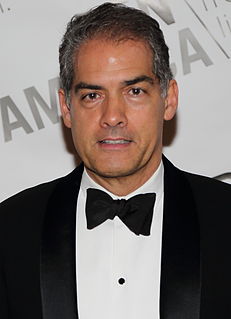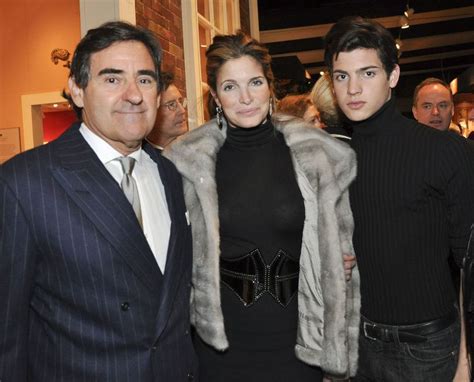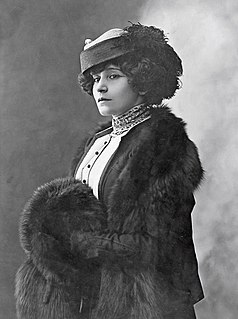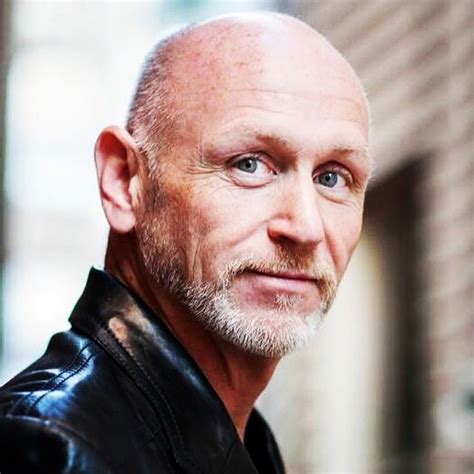A Quote by Georg C. Lichtenberg
One of the greatest creations of the human mind is the art of reviewing books without having read them.
Related Quotes
The best thing about conceptual poetry is that it doesn’t need to be read. You don’t have to read it. As a matter of fact, you can write books, and you don’t even have to read them. My books, for example, are unreadable. All you need to know is the concept behind them. Here’s every word I spoke for a week. Here’s a year’s worth of weather reports... and without ever having to read these things, you understand them.
A house without books is like a room without windows. No man has a right to bring up his children without surrounding them with books, if he has the means to buy them. It is a wrong to his family. He cheats them! Children learn to read by being in the presence of books. The love of knowledge comes with reading and grows upon it.
Don't just say you have read books. Show that through them you have learned to think better, to be a more discriminating and reflective person. Books are the training weights of the mind. They are very helpful, but it would be a bad mistake to suppose that one has made progress simply by having internalized their contents." Translation by Sharon Lebell
When I write, I aim in my mind not toward New York but to a vague spot a little to the east of Kansas. I think of the books on library shelves, without their jackets, years old, and a countryish teen-aged boy finding them, and having them speak to him. The review, the stacks in Brentano's, are just hurdles to get over, to place the books on that shelf.
The cause of misery, death, and all personal and collective problems is rooted in the mind, the false, copy mind. The real, divine mind is transcendental, the witness, without thinking. Divine mind is without thoughts, all knowing, and eternally blissful. Trying to solve problems by thinking about them never produces a permanent solution because this false mind creates all problems; whereas, divine mind and our inner guidance bring forth solutions for our greatest good and the greatest good for all.
Ancient art has a specific inner content. At one time, art possessed the same purpose that books do in our day, namely: to preserve and transmit knowledge. In olden days, people did not write books, they incorporated their knowledge into works of art. We would find a great many ideas in the works of ancient art passed down to us, if only we knew how to read them.




































